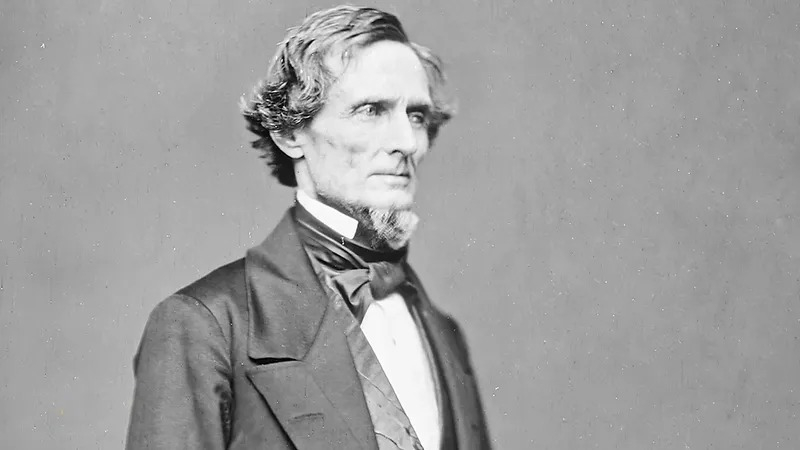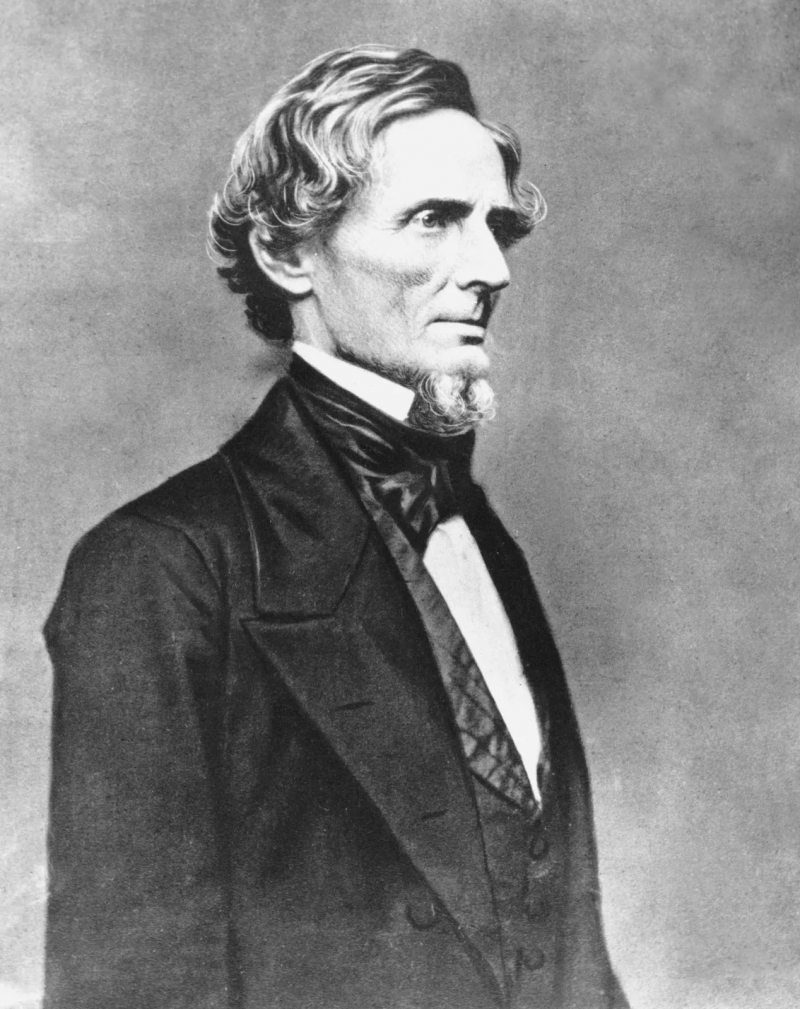Jefferson Davis was an anti-secessionist
Jefferson Davis, a U.S. senator, opposed Mississippi's secession less than two months before he took office as president of the Confederacy. Following the election of Abraham Lincoln in 1860, Mississippi Governor John J. Pettus and other state officials pushed for speedy secession, but Davis, a slaveholder, advised prudence.
He was one of 13 U.S. senators who worked on a committee after South Carolina left the Union in December 1860, although he firmly felt that states had the constitutional right to secede from the Union. Following Mississippi's decision to secede in January 1861, Davis proclaimed that his dedication to his state forced him to follow its ruling and resign from the U.S. Senate.
Jefferson Davis may have argued for the union's maintenance and opposed secession for practical reasons. Due to his time serving as Secretary of War, he would have been aware that the South was underprepared to combat the North. The majority of the railroad lines, the weapon production, and the majority of men lived in the north. He was aware of the enthusiasm of the people he represented, but they also lacked readiness. It's probable that he was trying to peacefully salvage the South to preserve the union.











